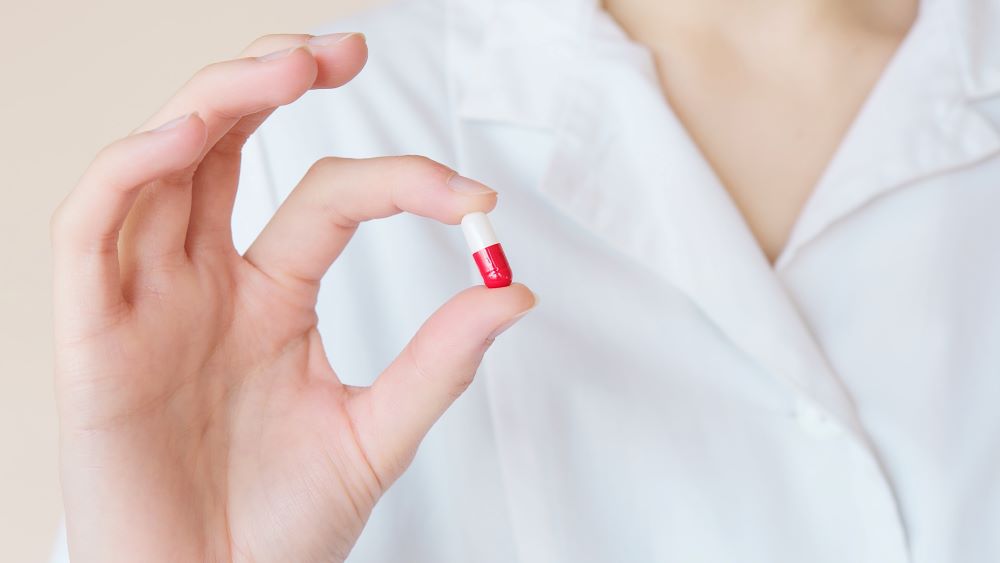Psoriasis drug may also have the potential to treat other inflammatory diseases, drug maker says.
Drug maker Takeda has unveiled initial research data from an experimental drug that it bought to market earlier this year. The results of a clinical trial have shown shocking results, as the new pill completely cleared the plaque psoriasis of some patients. But what implications does this have for the future of medicine? How will Takeda’s $4 billion bet potentially change the face of modern medicine for autoimmune and inflammatory diseases, in general, moving forward?
Takeda Pharmaceuticals is a Japanese multinational pharmaceutical company, with partial American and partial British roots. It is the largest pharmaceutical company in Asia and one of the top 20 largest pharmaceutical companies in the entire world by revenue. With nearly 50,000 employees worldwide, the company has shown a commitment to researching and developing medicine for patients suffering from a variety of diseases and conditions over the years. The company is primarily focused on oncology, rare diseases, vaccines, and other similar medicines.
The results of the clinical trial focusing on clearing plague psoriasis has shown significant success in some patients. While this is promising news for those with psoriasis, an autoimmune disease that manifests as inflammation in the body, and often, dry patches on the skin, more research is needed to determine if the pill can be effective in treating other autoimmune and inflammatory diseases as well.

In the study, it was shown, specifically, that the highest allowable dose of the pill completely cleared the psoriasis of one-third of the patients after just 12 weeks. The data from the study has given Takeda, and the medical community, hope that this pill could potentially be a game-changer for those suffering from similar diseases. Despite the resounding success, however, there are several side effects that were noted during the trial as well, which the company is taking very seriously and hopes to research further.
Mild to moderate side effects, such as the increased risk of mild respiratory viral infections, including COVID-19, and acne, occurred in 53 to 62 percent of patients who took the drug, depending on the dose. Interestingly, 44 percent of the placebo recipients experienced side effects as well. It is unclear whether they experienced the same issues.
The drug company has compiled a list of up to 20 autoimmune and inflammatory conditions that the pill might be able to treat. The reason this might be possible is the pill selectively blocks a protein that engages immune responses, which will have implications for treating other conditions. Takeda has expressed hope that, in 10 years, this pill could be a revolutionary treatment for all of the conditions listed. The drug maker has cited that additional testing and trials would need to be performed to tweak the medication, dosing, etc.
What we do know is that Takeda’s $4 billion bet has opened up a new door of opportunities for those suffering from autoimmune and inflammatory diseases. With the potential for this pill to be life-changing for those suffering from psoriasis, it also gives hope that, in the near future, the same medication with be used in other ways, too.


Join the conversation!